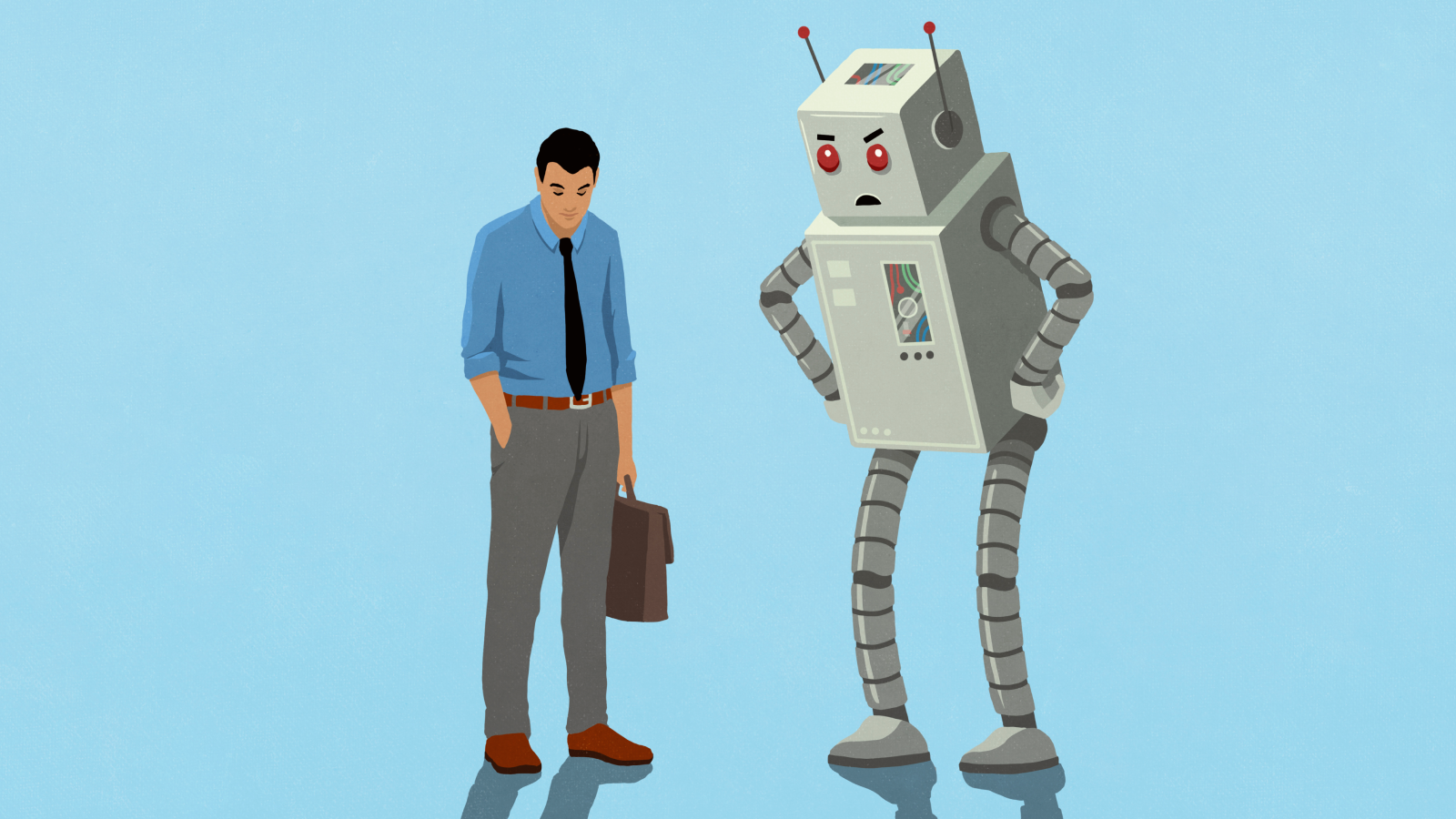Scientist Was Writing 'Books' by Age 5

Get the world’s most fascinating discoveries delivered straight to your inbox.
You are now subscribed
Your newsletter sign-up was successful
Want to add more newsletters?
Join the club
Get full access to premium articles, exclusive features and a growing list of member rewards.
Editor's Note: ScienceLives is an occasional series that puts scientists under the microscope to find out what makes them tick. The series is a cooperation between the National Science Foundation and LiveScience.
Name: Gregory D. Durgin Age: 33 Institution: Georgia Tech, School of Electrical and Computer Engineering Field of Study: Radio Wave Propagation and Applied Electromagnetics
What inspired you to choose this field of study? In college, I wrote computer programs to help visualize some electromagnetics problems that I had studied in class. After I saw how beautiful the solutions appeared, I was hooked on all things related to electromagnetics.
What is the best piece of advice you ever received? A chemistry professor from the University of Delaware once came to my high school science class and exhorted us to "take weird and varied coursework in college — whatever really excites and interests you. Don't leave school with a cookie-cutter degree looking like everyone else." This was fantastic advice that helped me become a well-rounded, multi-disciplinary researcher.
What was your first scientific experiment as a child? I can't remember the first experiment, but I do know that I was a scientific author by the age of 5! As an early reader, I would research about dinosaurs and then write "books" about them. My "books" were usually about 20 handwritten loose-leaf pages (including illustrations) that were bound together with old shoe laces.
What is your favorite thing about being a scientist or researcher? You get paid to study and write about the creation. What a country!
What is the most important characteristic a scientist must demonstrate in order to be an effective scientist? There are actually three inseparable attributes: the curiosity to look for something new; the audacity to think that you may have found something; and the tenacity to finish off the idea.
Get the world’s most fascinating discoveries delivered straight to your inbox.
What are the societal benefits of your research? My favorite research project to date came from the cellular phone industry. Our group at Georgia Tech invented a radio wave propagation prediction engine that is used in cellular networks to find E911 phone calls. Electromagnetism saves lives!
Who has had the most influence on your thinking as a researcher? My senior year at Virginia Tech I did an independent study with Prof. David de Wolf, a physicist-turned-engineer who had an incredible grasp of analytical problem solving. He helped develop that in me. In today's age of over-used computers, there is still no better tool for developing intuition and for building a bridge to new discoveries.
What about your field or being a scientist do you think would surprise people the most? The stereotype about researchers is that they are bookish types who spend all their time holed up in cubicles and laboratories. This is not true at all. There is a great deal of personal interaction that can and must go on to make research happen.
If you could only rescue one thing from your burning office or lab, what would it be? My laptop computer hard drive — it has the equivalent of about a half-dozen unpublished textbooks in it.
What music do you play most often in your lab or car? My tastes are pretty eclectic. I can listen to jazz, bad 80s music, and Gregorian chant — all in one car trip!
- The Greatest Modern Minds
- Greatest Mysteries: What Makes a Scientist?
- Geniuses Are Just Like Us
This researcher is supported by the National Science Foundation (NSF), the federal agency charged with funding basic research and education across all fields of science and engineering.
 Live Science Plus
Live Science Plus










